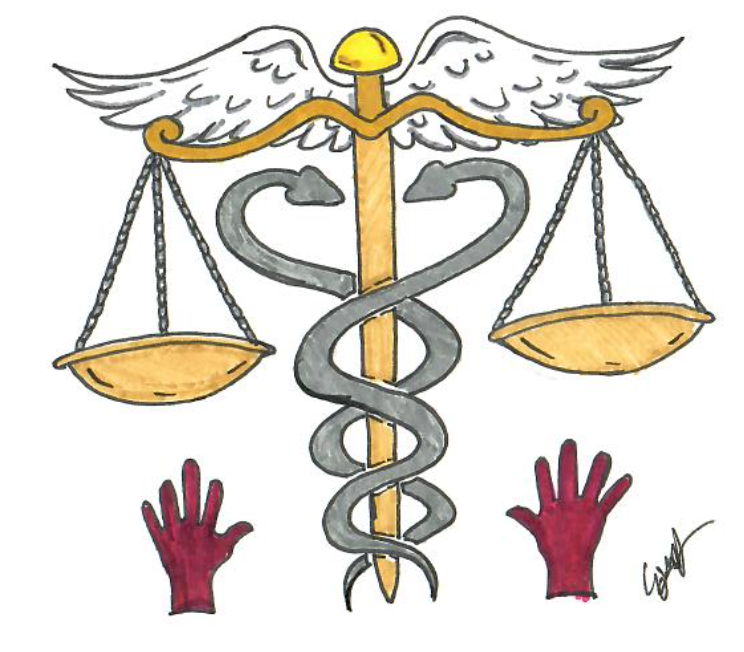Overcoming Psychological Trauma-Induced Bureaucratic Oppression
Keywords:
social tension, authoritarianism, bureaucracy, entrenched industry, self regulation, regulatory capture, organization innovation, organizational technology, social innovation, social technology, transformational changeAbstract
The macro trend from political myths and authoritarianism to decentralized cooperation, and the rebirth of human rights and personal freedom, are unstoppable. However, traditional institutions – from families and small businesses to entrenched industries and nation-states – share a similar subordination model, a dominance hierarchy of ingroup members. Eliminating bureaucratic oppression is desirable regardless of one's political orientation or religious beliefs. We owe our children and their children a future free from violation and injustice and a culture that learns from mistakes and handles inevitable change in a compassionate and unbiased manner. Unfortunately, the traditional practices for overcoming bureaucratic oppression show some promise and significant limitations. This research article introduces the reader to common manipulation tactics and the victim-perpetrator mindset that plague modern societies. The article then offers a path for shedding a perpetual victimhood mentality for a more solution-oriented approach using critical and independent thinking. Next, the paper presents an everyday example of bureaucratic oppression, so there is no mistaking what it looks like, followed by an examination of how such harmful bureaucracies form in the first place. The research article then answers the question: can we overcome tyranny and authoritarianism and make our complex, modern technological society more just and humane? The answer is yes!
Downloads
Published
How to Cite
Issue
Section
Categories
License
Copyright (c) 2023 Todd Schuelke (Author)

This work is licensed under a Creative Commons Attribution-NonCommercial-NoDerivatives 4.0 International License.
The Social Innovations Journal permits the Creative Commons License:
CC Attribution-NonCommercial-NoDerivatives 4.0
Under the following terms:
-
Attribution — You must give appropriate credit, provide a link to the license, and indicate if changes were made. You may do so in any reasonable manner, but not in any way that suggests the licensor endorses you or your use.
-
NonCommercial — You may not use the material for commercial purposes.
-
NoDerivatives — If you remix, transform, or build upon the material, you may not distribute the modified material.
- No additional restrictions — You may not apply legal terms or technological measures that legally restrict others from doing anything the license permits.
Notices:
- You do not have to comply with the license for elements of the material in the public domain or where your use is permitted by an applicable exception or limitation.
- No warranties are given. The license may not give you all of the permissions necessary for your intended use. For example, other rights such as publicity, privacy, or moral rights may limit how you use the material
Copyright and Publishing Rights
For the licenses indicated above, authors retain the copyright and full publishing rights without restrictions.





